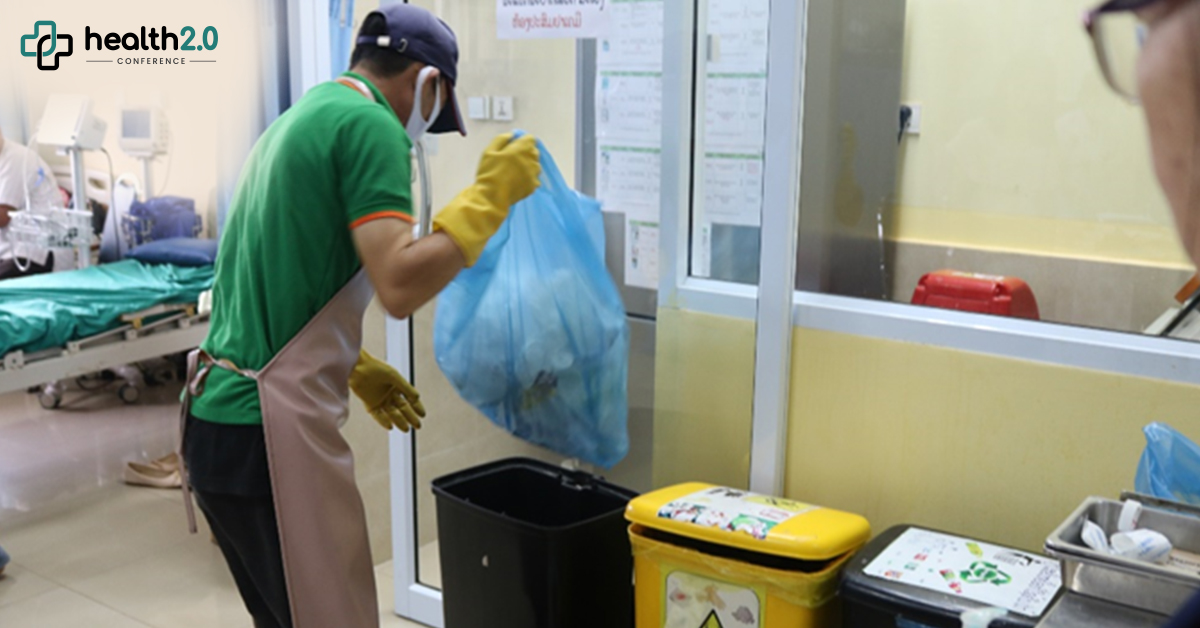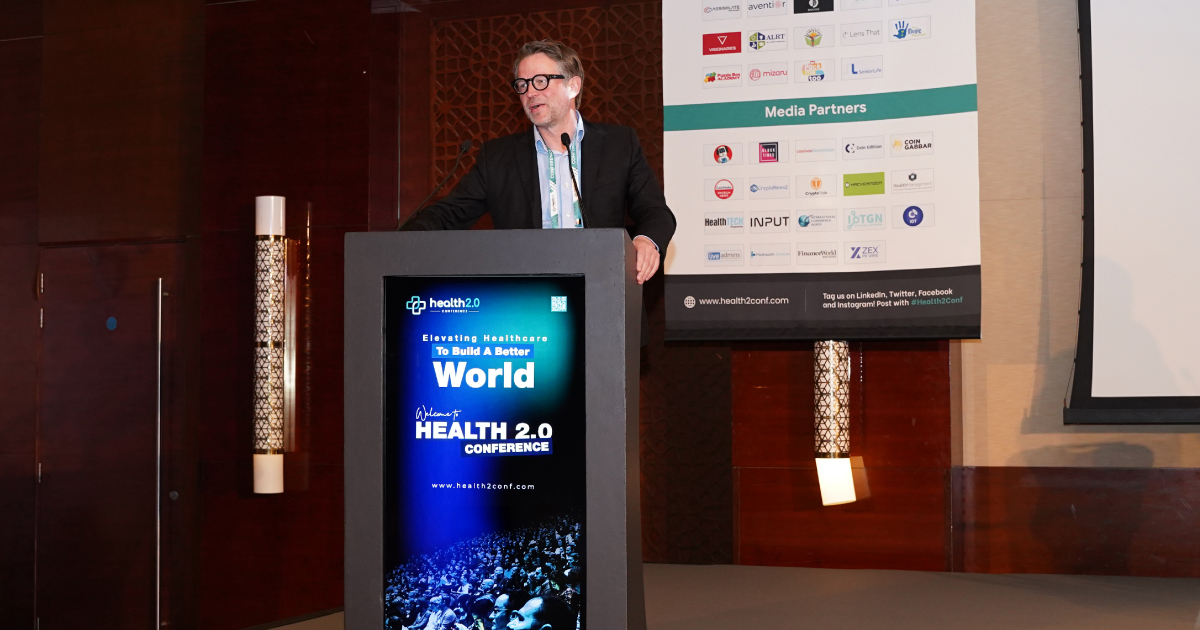Hospitals have been struggling with the issue of proper waste management for years. While it may seem like an easy task, in reality, it requires careful planning and execution to avoid severe infection outbreaks that could lead to the spread of diseases between patients and staff members alike. This subject has become somewhat of a priority after the COVID-19 pandemic, as pointed out at healthcare conferences of 2022, such as the Health 2.0 Conference. With this in mind, here are the steps you need to take when managing biological waste in hospitals.
What Is Biological Waste?
Biological waste is any waste that contains infectious material or potentially infectious material. This includes, but is not limited to, human tissue, body fluids, and animal carcasses. Proper management of biological waste is essential to infection control in hospitals. Below are some of the critical considerations and different facets of biological waste management:
- Biological waste should be segregated from other types of waste to prevent the spread of infection. According to speakers at healthcare events in Dubai, all staff should be trained on proper segregation procedures.
- Biological waste should be handled and transported using designated containers. These containers should be labeled as biohazardous and disposed of carefully. Transporting personnel should wear appropriate protective gear (one sentence): Personnel who transport biological waste should wear protective equipment, including safety goggles, face masks, rubber gloves, and clothing that can withstand exposure to infectious materials.
- These containers should be labeled as biohazardous and disposed of carefully. This waste should be transported according to local regulations, which usually include a specific procedure for handling and disposing biohazardous materials. How these procedures are followed will vary depending on whether your hospital contracts out its waste management or handles it internally.
- All hospital staff should know how vital proper biohazardous material handling and disposal are for preventing contamination and severe infections in your facility.
The Dangers of Improperly Managed Biomedical Waste
Improperly managed biomedical waste in hospitals can lead to several problems, including the spread of infection, the contamination of water supplies, and the exposure of hospital staff and patients to hazardous materials.
In addition, improperly disposed-of biomedical waste leads to increased expenditure on hospitals' part for healthcare costs, which causes a detrimental effect on their finances.
The risks of improper biomedical waste management should never be overlooked, as they can impact all areas of a hospital's operation and work directly against its primary goal: providing top-quality care.
The Risks Associated With Medical Waste In U.S. Landfills
Medical waste that is not properly disposed of can lead to the spread of disease and infection. In the United States, medical waste is regulated by the Environmental Protection Agency (EPA).
However, landfills are not the only places where medical waste ends up. There have been some studies conducted on medical waste in U.S. water supplies, and it has been found that microorganisms from this type of waste can be detected in some water sources across the country with varying degrees of frequency, intensity, and proximity to potential contamination sources.
One study reported nearly three-quarters of streams sampled downstream from sewage treatment plants contained coliform bacteria associated with human or animal wastes, including those from hospitals.
When present at high levels or when combined with other indicators such as nitrates and fecal coliforms, water contaminated with these microorganisms could potentially lead to gastrointestinal diseases. In addition, research has shown that cholera bacteria can survive for months after being mixed with sewage and then discharged into water sources.
Other organisms known to cause serious infections include Legionella, which causes Legionnaires' Disease, Klebsiella, which causes pneumonia, and Campylobacter, which causes diarrhea.
As discussed at post-COVID healthcare events, cleanup efforts are ongoing at many locations throughout the country due to unsafe dumping practices of medical waste in public spaces. Proper disposal methods will help minimize these risks.
Conclusion
Biological waste management is a crucial aspect of infection control in hospitals. It's imperative that the proper materials are being used and disposed of, as improper disposal can make the population susceptible to infections such as Hepatitis B, Hepatitis C, HIV/AIDS, MRSA, and more. For the facility's medical team and patients to have peace of mind regarding their safety, the hospital must maintain a safe environment through comprehensive safety procedures.
To improve infection control, it's essential for hospital staff members to have a dialogue with top experts to learn about best safety practices and effective disposal methods. Health 2.0 Conference's speakers will provide an overview of how different types of materials can be disposed of properly and how hospitals can improve their overall safety measures through a proper waste management system.













